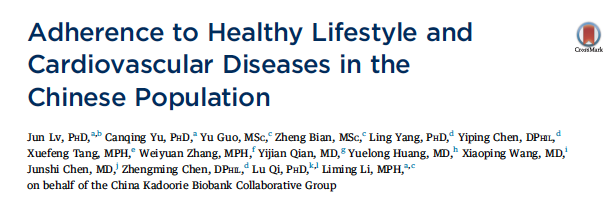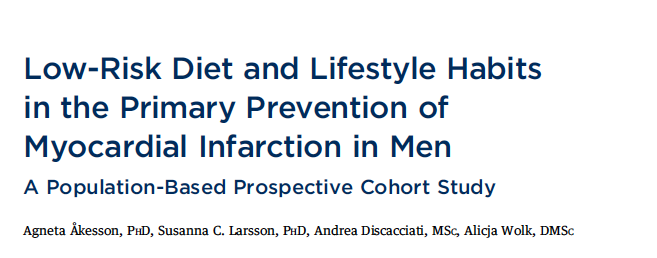The scientific community is undoubtedly guilty of sending erratic and confusing messages on dietary prevention of heart disease. The public has been informed that eggs are bad, then that they are good, and currently they are considered neutral. Fats were taught to be bad, but now the public is informed that some fats are good (omega-3 and omega-6 polyunsaturated fats), that animal data are neutral while trans fats are awful.
Despite repeated advice over the years by nutrition and health experts less than 0.5% of countries consume optimal fruits (300g a day) and vegetables (400 g a day) a day. More than 80% of countries consume more than the recommended red meat prescription of 100g per week.
Ischemic heart disease (IHD) and ischemic stroke (IS) are the leading cause of death across the world. Pharmacological treatment albeit effective is costly and not without adverse effects. Moreover, US pharmacy data reveals that only 40% of patients continue to take beta-blockers at one year, about 40% adhere to statins at 1 year, and only about 40% continue with angiotensin receptor blocker/angiotensin converting enzyme inhibitor. It is reported that less than 5% of patients in certain African countries adhere to statins. There is no Indian data on pharmacotherapy following a cardiovascular event.
Common sense and epidiomological studies underscore the importance of lifestyle modification in preventing cardiovascular disease. Modifiable lifestyle factors like nonsmoking, moderate alcohol intake, healthy diet, physical activity, and low adiposity have consistently shown to reduce cardiovascular events. Several studies have reported that lifestyle modification lowers incidence of coronary heart disease by 80% and IS by almost 50% in white people from developed countries. There is however little or no data on prevention of IHD and IS by lifestyle modification from Asian countries. We now have a report from a Chinese trial ( J Am Coll Cardiol 2017; 69:1116-25) that followed the impact of modifiable lifestyle factors on almost half a million people followed for more than 7 years. Healthy factors (nonsmoking, moderate alcohol intake, high physical activity, low adiposity and healthy diet) were associated with substantially lowered cardiac events and stroke. Strokes were reduced by almost 40% while major coronary events were lowered by nearly 60%.
Alcohol consumption had to be less than 30g per day, low adiposity was defined as BMI between 18.5 and 23.9 kg/m2 and waist hip ratio less than 0.90 in men and less than 0.85 in women. The Chinese study permitted red meat consumption 1-6 times a week. Mean age of participants was 50 years. The Chinese study is consistent with earlier American and European epidemiological trials testing healthy lifestyle factors in preventing IHD and IS. The Chinese trial reports significant lowering of cardiovascular events by lifestyle modification in rural and urban population, along with both women and men.
The population attributable risk factor percentage (PAR%) for 6 lifestyle factors of smoking, alcohol intake, lack of exercise, unhealthy diet, increased BMI, high adiposity was 68% for major coronary events, suggesting that two thirds of major coronary events would have been prevented if all participants had been in the low risk group.
The Nurses Health Study with 15 to 20 years follow up reported that PAR% for the combination of smoking, alcohol consumption diet, physical activity, and BMI was 82% for coronary heart disease incidence, 54% for stroke and 74% for cardiovascular disease incidence.
In a study conducted in 70-90 years Europeans lack of adherence to low risk pattern of smoking alcohol consumption, physical activity and diet was associated with a 64% increase of coronary heart disease death during a 10 year follow up. The Chinese study has reported that PAR% was higher for IHD than for IS, which is explained by the probability of different risk factors for stroke as compared to risk factors for ischemic heart disease. Light to moderate alcohol intake was seen to have substantial protective effect on IHD in the Chinese study. But caution has to be urged before recommending alcohol intake because even moderate intake may be associated with cancer.
Lifestyle modification has clearly been found to have protective effect against cardiovascular disease in a large Chinese population group. The Chinese trial has replicated epidemiological data on lifestyle modification in Western cohorts. Every endeavor must now be made to encourage Indian populations to adopt and maintain healthy lifestyles to prevent the looming cardiovascular epidemic.






